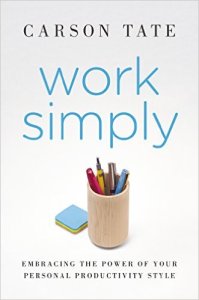
One of the main things we hear from our members is that they work alone, and that they feel alone in a lot of the things they do in their libraries. As we found in the needs assessment, most of you are solos or working in a library with fewer than five people. And it can be tough to be alone!
At CMLE Headquarters, we want to help you connect to your colleagues. Having someone else to talk about ideas with you, to share in the issues you are all facing, and to ask questions from someone else who knows about the situations you are in can be really helpful!
So we have established a variety of online forums for you to talk, to share ideas, and to celebrate the assorted successes you have in your library! Need to ask for book recommendations? Do it here! Want an example of a useful lesson plan? Ask here! Have a charming story of an adorable patron? Share it here!
Groups available so far: (Feel free to join any group of interest to you)
- Academic Libraries
- Elementary School Libraries
- High School Libraries
- Public Libraries
- Special Libraries (this is the group to join for discussions of all types of special libraries, museums, and/or archives)
- Diversity in Libraries As information professionals in libraries, we are all charged with creating diversity in the staff, materials, programs, and services we provide to our communities. It can be a challenge to do this well, so we will gather here to share ideas, ask questions, and get support from our colleagues!
- Library Leadership Leading is hard, so let’s get together here and talk about skills we need, and issues we all face. We can trade suggestions, share training opportunities, and ask questions of other people who are also working to lead well in their libraries!
- Library Planning All libraries make different kinds of plans: strategic, tactical, project. Trying to guess the future can be a challenge, and it works better when we work together! Discuss ideas, solicit templates from others, and ask questions about planning here.
- Reference work Working in Reference – online or in person – can be a challenge to anyone! Here is the place to discuss issues you encounter, challenges you face, or just to ask questions of your colleagues. We work better when we work together!
- General Library Discussion Do you have things you want to talk about from your library? Share them here! Ask oddball questions, share stories of triumphs and tragedies, and generally discuss all the things we see every day in the library!
We will periodically post messages to the groups with information we find that might be relevant only to a segment of our members, but for the most part these are just for you guys to discuss issues facing you and to network with colleagues!
Do you have other topics you would like to us to set up a discussion area?? Just let us know! We are here to help our libraries, and to provide some forums for communication and sharing across the system!



